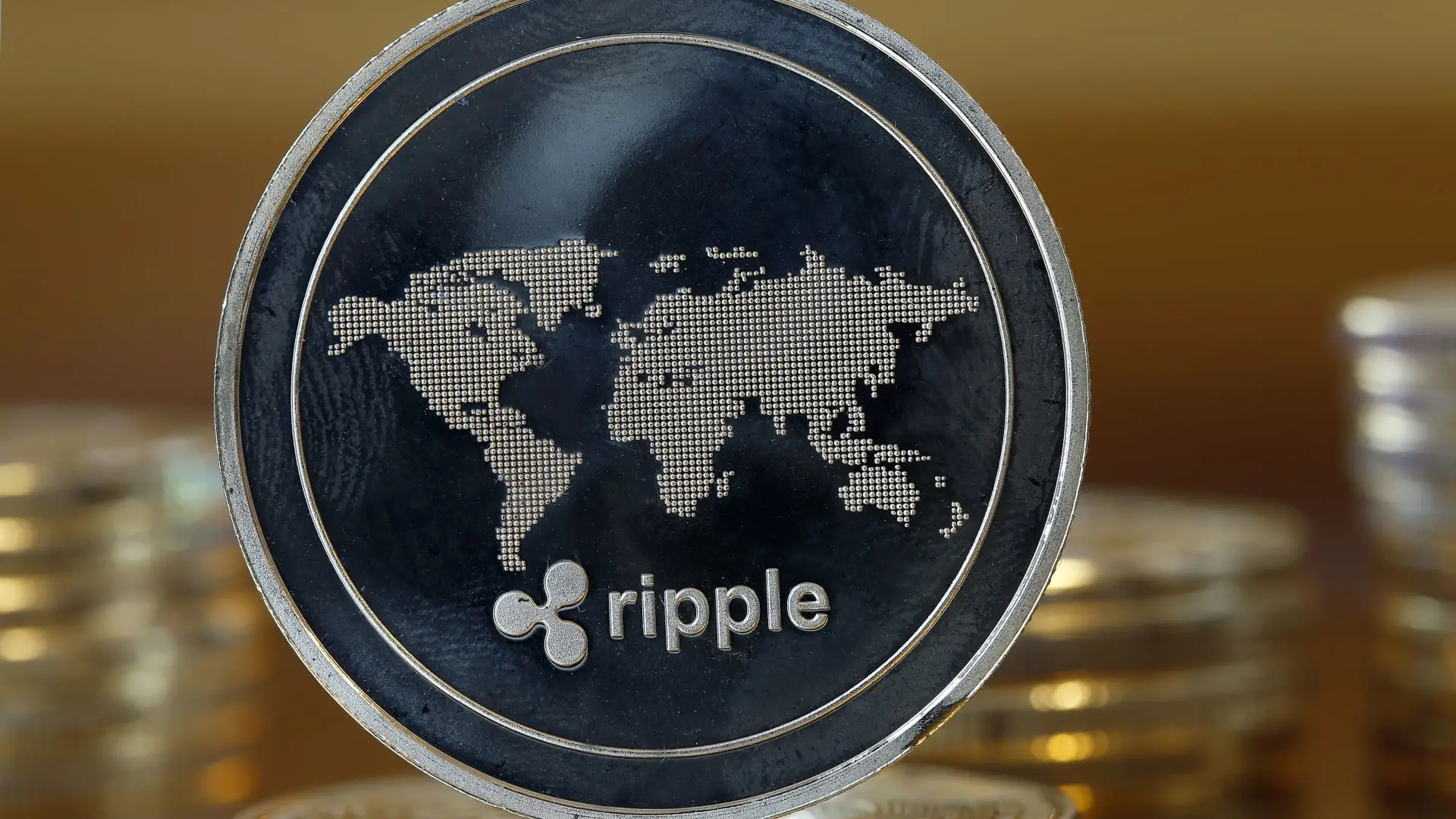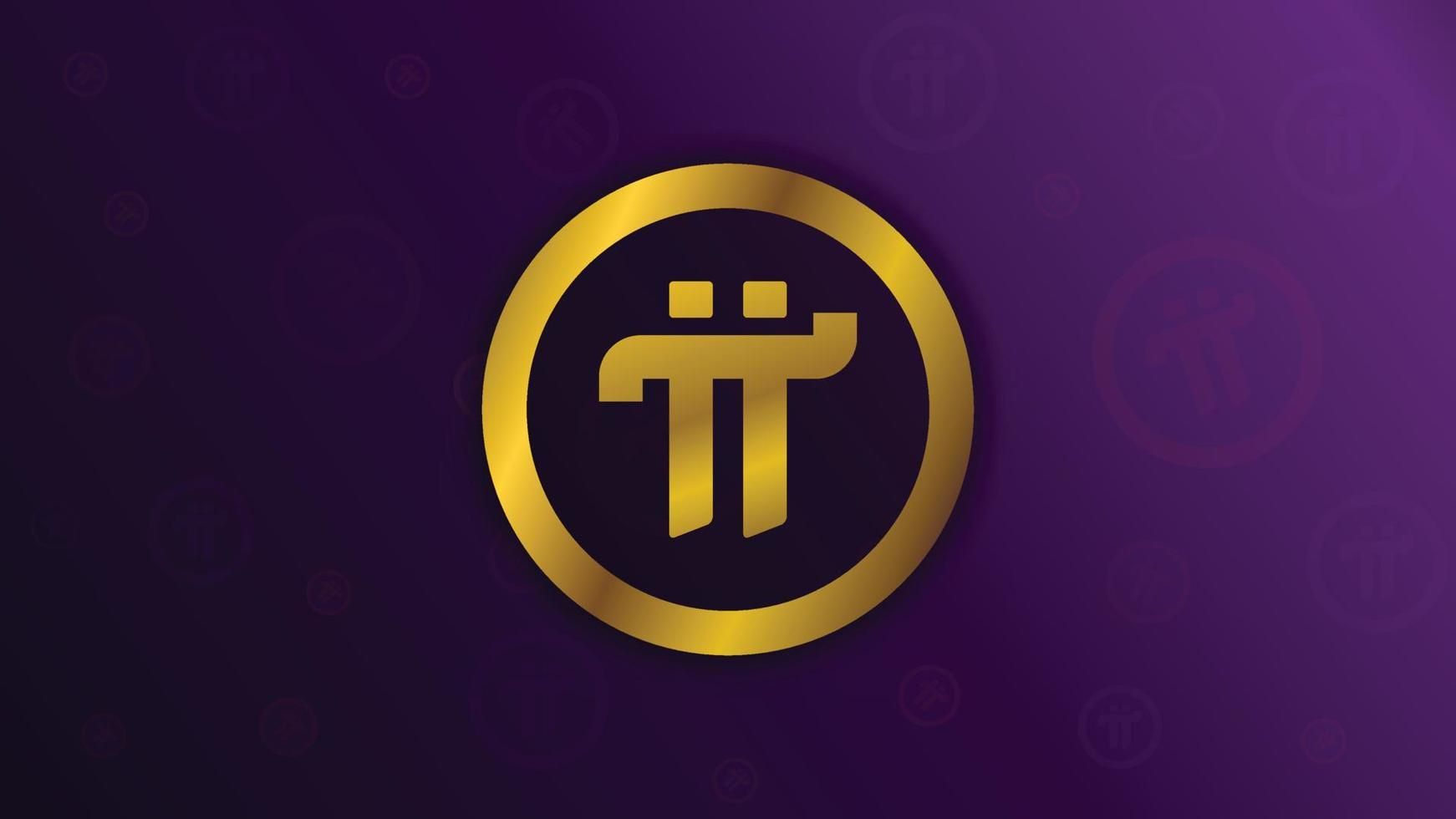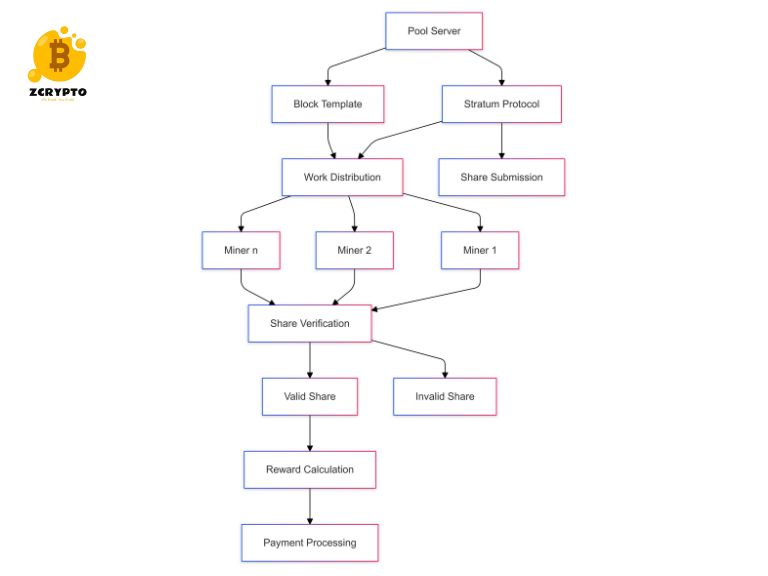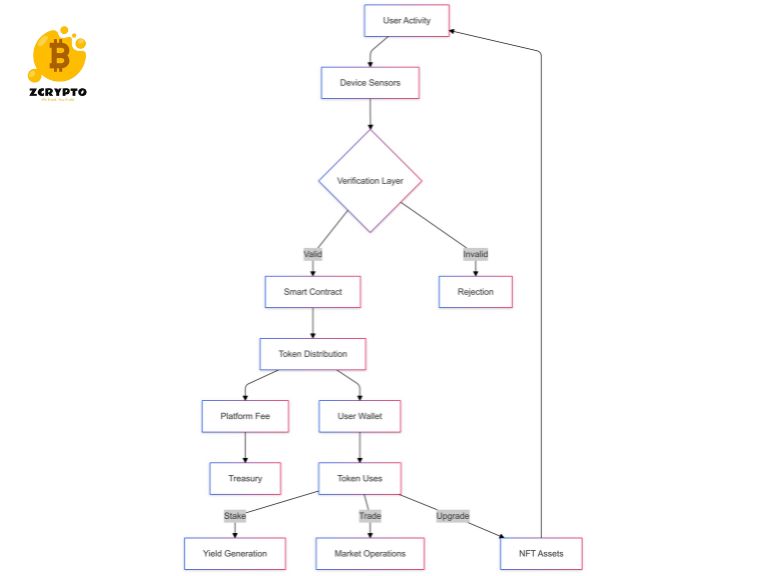The Evolution of Blockchain in Finance
From Cryptocurrencies to DeFi
Blockchain technology, once synonymous with cryptocurrencies like Bitcoin, has evolved significantly. The rise of DeFi (Decentralized Finance) marks a significant shift towards democratizing access to financial services. DeFi aims to provide traditional financial services such as lending, borrowing, trading exchanges, derivatives, yield farming, and asset management in a decentralized manner.
- Mastering Accounting Ratios: A Comprehensive Guide to Financial Health and Performance
- How the Bitcoin Misery Index Predicts Buy and Sell Signals for Investors
- Unlocking Business Health: The Ultimate Guide to Understanding the Book-to-Bill Ratio
- Dogecoin Faces 14% Drop: Key Levels for Future Recovery
- Understanding AAA Credit Ratings: The Gold Standard in Investment-Grade Debt
This decentralization eliminates the need for intermediaries like banks and brokerages, making financial services more accessible and efficient. For instance, platforms like Uniswap and Aave allow users to lend or borrow funds directly without the involvement of traditional financial institutions.
Bạn đang xem: How Blockchain is Revolutionizing Finance: Unlocking New Investment Opportunities and Financial Inclusion
Key Applications of Blockchain
Blockchain’s impact on finance extends beyond DeFi. It is being used in various financial activities such as:
-
Lending and Borrowing: Platforms that enable peer-to-peer lending and borrowing without traditional intermediaries.
-
Trading Exchanges: Decentralized exchanges (DEXs) that facilitate token trading without central authorities.
-
Derivatives: Blockchain-based platforms offering derivative contracts for hedging risks.
-
Yield Farming: Strategies that maximize returns through lending or providing liquidity on DeFi platforms.
-
Asset Management: Decentralized asset management solutions that allow for transparent and composable investment strategies.
Xem thêm : Mastering Best Practices in Finance and Business: Essential Tips for Long-Term Success
These applications highlight the versatility and potential of blockchain in revolutionizing financial services.
New Investment Opportunities
Institutional Investment in Digital Assets
Institutional investors are increasingly turning their attention to digital assets. Hedge funds, endowments, and traditional asset managers are now actively investing in the crypto market. Notable examples include Brevan Howard, Tudor Investment Corp., and the endowments of prestigious universities like Harvard and Yale. Additionally, crypto-focused funds such as Grayscale and Pantera Capital have seen significant growth.
This influx of institutional capital is a testament to the growing legitimacy and potential of digital assets as a viable investment class.
Venture Capital and Startup Funding
The digital asset ecosystem has also seen a surge in venture capital investments. From 2020 to 2021, there was a staggering 450% increase in venture capital funding for blockchain and crypto startups. This growth is partly due to innovative funding mechanisms such as ICOs (Initial Coin Offerings) and digital token investments.
ICOs have democratized the fundraising process, allowing startups to raise capital directly from a global pool of investors without the need for traditional financial intermediaries.
Emerging Funding Mechanisms
New funding mechanisms are emerging, further expanding investment opportunities. Digital ownership tokens and DAOs (Decentralized Autonomous Organizations) are gaining traction. These mechanisms allow for more participatory and transparent early-stage investing, enabling a broader range of investors to participate in startup funding.
For example, DAOs like ConstitutionDAO have shown how collective ownership can be achieved through blockchain technology, opening up new avenues for community-driven investments.
Financial Inclusion and Democratization
Access to Financial Services
One of the most significant impacts of blockchain is its potential to address the issue of the unbanked population. Approximately 1.7 billion people lack access to traditional bank accounts but have access to smartphones. Blockchain and DeFi can bridge this gap by providing mobile-based financial services that are accessible, secure, and transparent.
Decentralized and Transparent Systems
Blockchain technology offers a trustless, transparent, and composable system that can make capital markets more inclusive and efficient. By leveraging smart contracts and decentralized networks, blockchain ensures that transactions are recorded publicly and immutably, reducing the risk of fraud and increasing trust.
Global Impact
The global impact of blockchain on financial inclusion cannot be overstated. In regions with limited access to traditional financial services, blockchain can drive broader wealth creation by providing alternative financial pathways. For instance, in Africa, blockchain-based solutions are being used to facilitate microtransactions and provide access to basic financial services.
Regulatory Framework and Institutional Adoption
Evolving Regulatory Landscape
A consistent regulatory framework is crucial for the future of digital assets and DeFi. As regulations evolve, they are attracting more institutional investors who seek clarity and stability. Clear guidelines help in mitigating risks associated with regulatory ambiguity, making it safer for institutions to invest in blockchain technology.
Traditional Financial Institutions’ Role
Top-tier banks and financial institutions like JP Morgan, Goldman Sachs, and BlackRock are investing heavily in blockchain and digital asset infrastructure. These institutions are transitioning from research phases to live offerings, integrating blockchain solutions into their core operations.
For example, JP Morgan’s JPM Coin is a stablecoin designed for cross-border payments, demonstrating how traditional finance is embracing blockchain innovation.
Future Outlook and Challenges
Predictions and Trends
Looking ahead, there is a strong expectation that most securities will be digitized and settled on blockchain within the next five to ten years. This shift could revolutionize the way securities are traded, cleared, and settled, making the process faster, cheaper, and more transparent.
Challenges and Risks
Despite the promising future, there are challenges and risks associated with blockchain investments. Regulatory ambiguity remains a significant concern, as does market volatility. Additionally, security risks such as smart contract vulnerabilities and hacking incidents pose threats to the stability of DeFi platforms.
However, these challenges are being addressed through continuous innovation and regulatory advancements.
Nguồn: https://poissondistribution.lat
Danh mục: Blog





